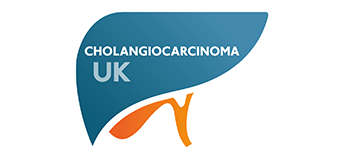AMMF’s Virtual 2021 European Cholangiocarcinoma Conference
Abstract No 15
Systematic review and pooled analysis of locoregional therapies in patients with intrahepatic cholangiocarcinoma
Julien Edeline1, Angela Lamarca2, Mairéad G McNamara3, Timothy Jacobs4, Richard A Hubner2, Dan Palmer5, Bas Groot Koerkamp6, Philip Johnson5, Boris Guiu7 and Juan W Valle3
1Department of Medical Oncology, Centre Eugène Marquis, Rennes, France
2Department of Medical Oncology, The Christie NHS Foundation, Manchester; Division of Cancer Sciences, University of Manchester, Manchester, United Kingdom
3Division of Cancer Sciences, University of Manchester/Department of Medical Oncology, Manchester, United Kingdom
4The Library, The Christie NHS Foundation Trust, Manchester, United Kingdom
5University of Liverpool, Liverpool, United Kingdom
6Hepatobiliary Surgery, Erasmus MC, Rotterdam, Netherlands
7Department of Radiology, St-Eloi University Hospital, Montpellier, France
Background
Locoregional treatments (LRT) including radioembolisation (SIRT), transarterial chemo-embolisation (TACE), hepatic arterial infusion (HAI) of chemotherapy, external beam radiotherapy (EBRT) and ablation, have been studied for the management of intrahepatic cholangiocarcinoma (iCC). The aim of this systematic review was to provide outcome benchmarks for clinical trial design.
Methods
Identification of studies reporting outcomes of patients treated with LRT for iCC was performed using PubMed and Embase. Pooled weighted means were calculated for progression-free survival (PFS) and overall survival (OS); meta-analysis of proportions was used for estimation of pooled response rate.
Results
6325 entries were reviewed; 93 studies were eligible, representing 101 cohorts and a total of 3990 patients [15 cohorts (645 patients) for ablation, 18 cohorts (541 patients) for EBRT, 27 cohorts (1232 patients) for SIRT, 22 cohorts (1145 patients) for TACE, 16 cohorts (331 patients) for HAI and 3 cohorts (96 patients) not pooled]. 74% of the studies were retrospective, 93% non-randomised; and 19% were only available in abstract form.
The pooled mean weighted OS was 30.2 months (95% confidence interval (CI): 21.8-38.6) for ablation, 18.9 (14.2-23.5) for EBRT, 14.1 (12.1-16.0) for SIRT, 15.9 (12.9-19.0) for TACE and 21.3 (15.4-27.1) for HAI. The pooled complete response rate was 93.9% for ablation. When analysed together, SIRT, TACE and HAI had a pooled mean weighted OS of 15.7 months (all patients) and 25.2 months for patients treated in first-line with concomitant systemic chemotherapy.
Conclusions
Available literature on LRT for iCC was heterogeneous and of insufficient quality to make strong recommendations. Ablation achieved satisfactory outcomes, and may be recommended when surgery is not feasible. Benchmark outcome estimates are provided to inform the design of phase III trials.
Keywords
Yttrium-90; intra-arterial therapies; biliary tract cancer; interventional radiology; interventional oncology; radiation oncology
To view the poster, click here
Back to previous page






